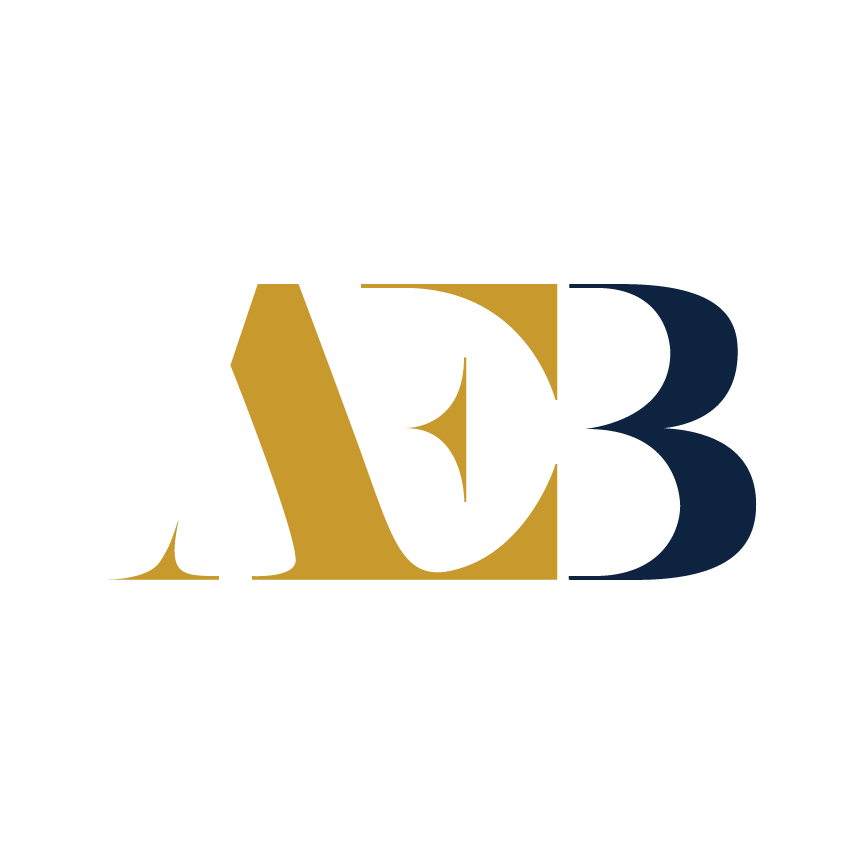Step one, complete. Your organization has decided to work with a recruitment agency and to outsource your talent acquisition services. Great decision! So what’s next? Where and how do you begin to select an agency to work with?
A simple Google search of talent acquisition services in your area will likely turn up a fairly impressive list. How do you evaluate all these agencies and services? You could ask your network of contacts for some referrals and cut down much of the clutter. While that will provide plenty of first-hand information and personal experiences, can it be that easy? In some situations, it could be. For the rest of us, there is likely a long list of questions to be asked first.
- What services do they provide and which do we need?
- What would this working relationship look like?
- How much can they really take off our plate?
- How much is this service going to cost?
- How do we manage this business expense?
- Can this agency do what they promise?
Evaluating the growing list of choices in talent acquisition services shouldn’t be a snap decision. However, when you know what criteria to consider, it also doesn’t need to be an overwhelming one. Learn what four key areas to review to help you make this decision as confidently as your choice to partner with a recruitment agency.
What is Talent Acquisition Exactly?
Let’s take a quick pause here. Before we dive into the nuances and specifics of this industry, we should make sure there is clarity on what we are talking about. Recruitment agencies describe themselves and their services in a variety of similar, but distinct ways.
One of the most significant distinctions is between talent acquisition and recruiting services. In simplest terms, talent acquisition is the holistic view of, and approach to managing your human resource talent. Recruiting is a specific action or step within the larger process of acquiring new employees. Recruiting therefore is a subset of the larger talent acquisition process. In a business context, recruiting is a tactic of your talent acquisition strategy.
At a minimum, talent acquisition services include planning, sourcing, recruiting, interviewing, and hiring prospective talent. At its broadest scope, talent acquisition also includes a consultative element to assist organizations with onboarding, employee development, engagement, and retention.
Factors for Consideration
The important questions we raised at the beginning are based on the four key areas vital to making a successful selection in talent acquisition services.
Type of agency and services offered
Clarifying what services the agencies under consideration offer shouldn’t be viewed from a right or wrong perspective. What matters is getting the right services for what your business needs. The talent requirements of a manufacturer that may expand and contract seasonally will require vastly different services and support than a growing insurance carrier expanding into a new market.
Temporary agencies
These agencies assist businesses in filling an immediate talent need that is typically very short in duration. (Think in terms of days here.) The purpose is to help companies quickly gain extra help for a specific purpose. This also means that their pool of available talent may cover a broad range of skills and abilities. The purpose isn’t about an exact or ideal match, but more about who can do what you need right now. These services are often used for manufacturing and clerical roles.
Staffing agencies
Staffing agencies typically begin where temporary agencies end with a much broader range of services and talent resource options. Typical services include temporary staffing, temp-to-hire positions, contract employees, and direct-hire placements. Since the roles, assignments, and situations vary more, their assessment of referred individuals is more focused on qualifications for each role and can offer companies and employees a great way to trial each other out. These agencies also tend to be industry-specific, so make sure they specialize in your industry before contracting with them.
Employment agencies
These agencies may be the most challenging to clearly define and for good reason. Their services not only vary from one company to another but also in the breadth of services they provide. However, at the most basic level, they act in a dual capacity contracting with hiring companies to help them find qualified talent and working with job hunters to help them find gainful employment.
While some may offer temporary and staffing placements, most closely resemble a more traditional recruitment agency with one major distinction: who the employees are employed by. Individuals placed by an employment agency generally remain employees of the agency instead of the client company they are working at.
Recruitment agencies
Like the other types of agencies mentioned, there can be a fair amount of variety and overlap in this category as well. However, the primary characteristic is that hiring companies contract with recruitment agencies to proactively source and recruit prospective candidates for permanent placements as employees of the hiring company. The biggest differences are in the seniority level of the roles they are filling (from mid-level to executive) compared to other agency types and the fee structure for their services.
Talent acquisition process
From this point on, we will review your consideration factors from the perspective of talent acquisition services from full-service recruitment agencies. When evaluating the process and systems of your available options, you will want to review how they plan for your search, source and recruit prospective candidates, evaluate skills and qualifications, and assist you in the hiring phase.
Much of this information can be found on recruitment firm websites and in their digital content. However, you should also hold a detailed discovery call with each of your viable options to have your specific questions answered.
Onboarding process
Just like it is vital to have a smooth and comprehensive onboarding process for new hires, your organization should experience that same level of detail and attention at the start of your working relationship with any recruitment firm.
How will this potential talent acquisition partner learn about your business, talent needs, and organizational goals? Who on their team will you be working with and how will they be supporting you? What level and type of ongoing communication can you expect?
While none of us have crystal balls to predict the future, they should be able to describe their talent acquisition process with enough detail so that you are comfortable and familiar with what will be happening at each phase.
Sourcing and recruiting efforts
This may be the biggest distinction between your various talent acquisition options. Many recruitment firms hold a large database of candidates they have acquired over time. After your hiring needs are reviewed and defined they will search their records for potential matches to review and send your way. While this may seem efficient, the downside is that you might not be building the best possible pool of qualified candidates.
Quality talent acquisition services will focus on sourcing new contacts for your role. This means connecting with not only individuals actively pursuing new career opportunities but more importantly, passive candidates who may not even be aware of your available opening(s) yet.
You should also seek to clarify what degree of candidate exclusivity they can provide you. It is a common practice for many recruitment firms to present highly qualified candidates to multiple businesses at once. This practice disproportionately serves their desire to capture a fee versus working in the best interest of your hiring needs.
Candidate evaluations
Whether you are working with a seasoned recruiting professional or handling your own talent acquisition process, it is critical to evaluate candidates beyond the surface level skill set and filtering criteria. Yes, a baseline of knowledge and experience is important. However, make sure your talent acquisition team is also looking deeper at how prospective candidates can apply those skills in your business environment.
Also, inquire about their interview and qualification process. What is their process? How would they determine a perfect-fit candidate from someone they might pass on? What you are looking for is a system that is consistently repeatable and easy to quantify.
Pricing Structure
Recruitment agencies generally hold to one of three pricing models for their talent acquisition services: contingency, retainer, or hourly. Of these, the contingency and retainer fee structures remain the most common.
Contingency based
In this model, the cost of talent acquisition services is calculated as a percentage of the new hire’s first-year compensation. That percentage has historically held between fifteen to thirty percent, with most falling at the top half of that range. These fees are collected once a recommended candidate has been hired. Make sure you clarify what “compensation” means for each of you. Are you considering a base salary only or are projected earned commissions factored in as well?
The upside to this model is that you are only paying for talent acquisition services when you make a hire and not before or during the hiring process. The huge downside is that recruiters are often working for several hiring companies with this same price structure and will therefore present the same candidate to several clients at once. This means you have added another level of competition within your industry and potentially the luxury of time to thoroughly evaluate presented candidates.
Retainer agreement
This fee structure is similar to a contingency model in how it is calculated as a percentage of first-year compensation. The difference is how this is paid to the recruitment firm. Based on the exact structure of the agreement a portion of the anticipated fee is paid in two or three installments with the final payment made when a hire is made. This fee agreement is used more often with executive-level searches or when there is an urgency to fill the role.
The advantage of this model is that there is a higher degree of commitment and exclusivity on both sides. Since the recruitment firm has received some compensation at the beginning, they are motivated to present selected candidates to these clients first and only to them for a set period. For you, the motivation is to only evaluate candidates presented by your retained recruitment agency since you have already paid for a portion of the services. The exclusivity also provides more time for both of you to source and evaluate candidates.
The biggest disadvantage with this model is that the percentage base of that first-year compensation is usually higher, often thirty to thirty-five percent, but may go as high as fifty percent for some roles.
Hourly rate
The third pricing model for talent acquisition services is a flat hourly rate. The price per hour is typically based on two or three tiers based on seniority level. This model may offer the best advantages for both parties.
As a hiring company, you can retain exclusive services without a premium price. This means getting access to the best available talent and the ability to evaluate candidate qualifications and fit without the pressure to make a fast or hasty decision. Even more, is that you can make multiple hires at once without additional fees for each new employee. Also, consider that with an hourly rate fee structure you can easily stop and start a candidate search process at any time since you aren’t locked into any contracts or financial obligations.
For the recruiter managing your talent acquisition project, it means the ability to serve your individual hiring needs. Since your recruitment firm isn’t paid on a straight commission basis, the recruiter assisting you likely isn’t either and that changes everything. Rather than being focused on closing multiple hiring transactions, they can focus on your business relationship and your broader talent acquisition needs.
Ability to deliver
The final area to consider in your evaluation of talent acquisition services is their ability to deliver on their promises to source, recruit, and qualify the best available talent for your open positions. You can find lists of suggested questions to ask about time to fill and average costs, but unless a prior client looks exactly like you the answers may be hard to put into the context of your unique business and talent needs.
Instead, broaden your thinking and evaluation standards like you would for a prospective candidate. Rather than just looking at skills and competencies, consider capabilities and talents. Ask yourself the following questions for each talent acquisition service you consider.
- Does this recruitment firm understand my business?
- Do the professionals I am working with listen to my needs, goals, and hiring objectives?
- Do they want to partner or transact with me?
- Can they provide consultative guidance throughout the talent acquisition process?
- Are they selling candidates to me or helping me promote my business to candidates?
- Will working with them make our hiring process easier or more complex and stressful?
- Will I need to ask for feedback and progress updates or will they be automatic?
- Would I feel comfortable introducing this team to my family?
Choosing a new business service can be a challenging process. Approach evaluating talent acquisition services from the perspective of how they can help you solve your hiring challenges and ease your workload. Make sure you first understand what type of services you need based on your business structure and industry. Then evaluate if their recruitment process matches your expectations, what their pricing structure is and how that will impact you, and finally their ability to deliver a seamless experience.


.png)
.png)
.png)
.png)
.png)


